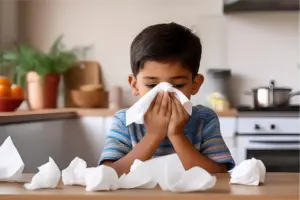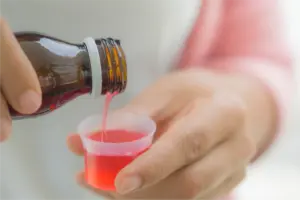
India will soon be able to detect Nipah virus infections within minutes, thanks to a newly developed portable point-of-care test kit created by the National Institute of Virology (NIV), Pune, under the Indian Council of Medical Research (ICMR).
“This LAMP-based portable kit provides fast and reliable results without the need for a laboratory and delivers results in minutes. The technology has also been patented,” said Dr Naveen Kumar, director of NIV.
The kit is set to be deployed in high-risk states like Kerala and West Bengal, which have seen several outbreaks recently.
Also Read | Amazon India launches at-home diagnostic services across 6 cities
The Nipah virus, which spreads through fruit bats, is one of the world’s most lethal viruses, with a mortality rate exceeding 50%. In India, only NIV Pune is equipped to culture the virus, conduct genomic studies, and lead efforts in vaccine and drug development.
“We are also collaborating with pharmaceutical companies and partners to develop monoclonal antibodies for treatment,” said Dr Pragya Yadav, senior scientist at NIV. An indigenous Nipah vaccine is also in development and is expected to enter trials in the coming years.
So far, all Nipah samples detected in India belong to Genotype B, the same strain seen in Bangladesh and India, known for its rapid spread and severe symptoms. The Malaysian strain (genotype M) is comparatively less infectious, Dr Kumar noted.
West Bengal recorded the first case in India in 2001, resulting in a fatality rate of 74%. The 2007 outbreak in the same region saw a 100 per cent fatality rate. In 2018, Kerala experienced its third significant outbreak, which claimed 16 lives. Since then, Kerala has seen many outbreaks, with 19 fatalities in total.
Between 1998 and 2018, over 700 cases of Nipah virus were reported across India, Bangladesh, and Malaysia.
In ongoing surveillance, studies led by NIV have discovered Nipah virus antibodies in 20% of bats in nine states and one Union Territory, indicating that these animals have been exposed to the virus before, according to Dr Yadav.








